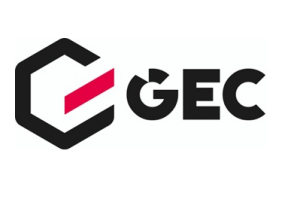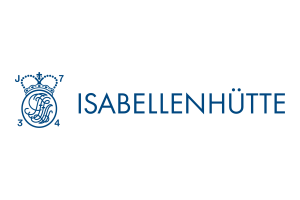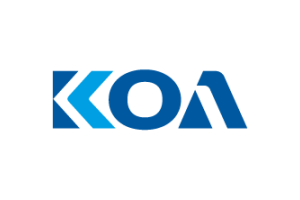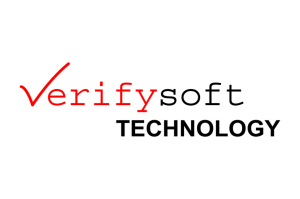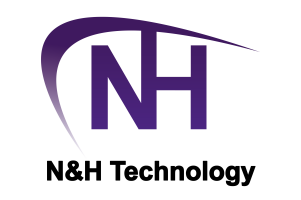Industry 4.0
A platform leading to the factory of the future
The choice of the right operating system is essential for the »Smart Factory«. Bosch Rexroth has chosen Ubuntu Core from the Linux distributor Canonical for its new automation platform ctrlX Automation.
Ubuntu Core is an easy-to-use operating system for Edge development. With Ubuntu Core it is possible to perform updates remotely. It is a secure operating system for devices and the cloud and shares the same libraries as today's Ubuntu - allowing developers to reuse code and helping to save development costs. With Ubuntu Core, users can also install apps on an IoT gateway, drone or robot. With so-called »snaps« Canonical supports software developers in breaking down the software code into specific functions. This allows developers to program new features for IoT devices faster and more efficiently. Bosch Rexroth of Canonical has also secured this advantage.
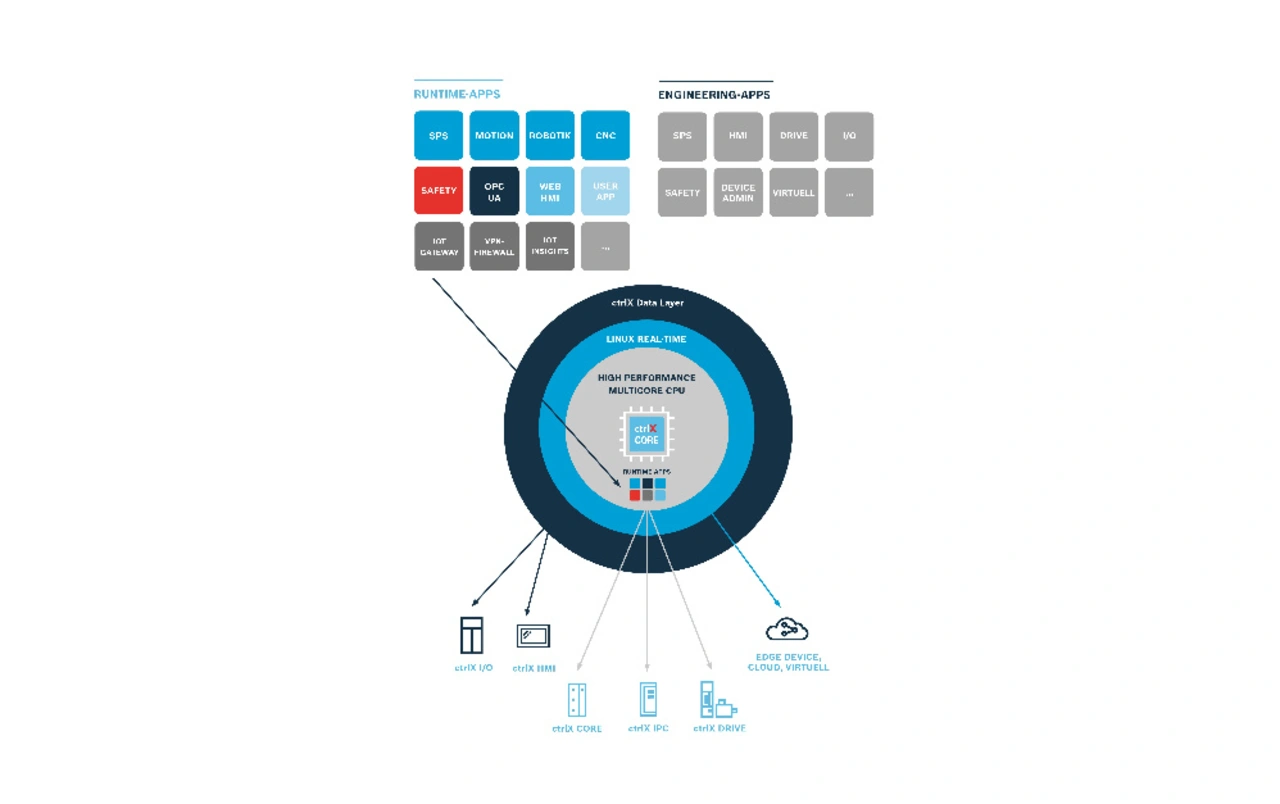
Platform »ctrlx Automation«
To be able to use the advantages of an open standard, Bosch Rexroth has developed the automation platform »ctrlX Automation«, which is based on Linux. With this platform, the company wants to offer its customers a complete automation solution from a single source. With more than 30 communication interfaces for IT systems and the IoT, it ensures simple networking of machines in the factory of the future. The system functions of ctrlx Automation can be extended with apps as well as third-party hardware and software. The user can freely choose the development environment and programming language.
Bosch Rexroth promises with the platform more compact machines and systems, less hardware and installation effort as well as significantly reduced software installations. In addition, the use of web technology is expected to reduce the effort required for software installations and at the same time increase hardware flexibility. The heart of the system is a powerful 64-bit multicore CPU. Numerous interfaces such as EtherCAT, Profinet or IO-Link establish communication between the devices and to the outside world. OPC UA and MQTT interfaces are also available.
Using the flexible »ctrlX WORKS« software and engineering construction kit, the system software can be selected, configured and programmed using all common languages. Developers thus have a free choice of development environment and can use different languages in their projects simultaneously. For example, programming languages according to the IEC61131 standard, C++, Python, Java or Blockly can be used. A separate GitHub access will follow. To ensure the necessary security, security updates, backups and the upgrade of new software features are done centrally, simultaneously and efficiently via the »ctrlX Device Portal«.
In addition, the open platform independent system architecture means that customers can expect to be able to upgrade to standards such as 5G or OPC UA over TSN as soon as they are ready for the market. Machine manufacturers and users will be able to implement innovative automation concepts in the future as well.
Kubernetes 1.18 available from Canonical
Meanwhile, Canonical announced that it will support Kubernetes 1.18, which includes Charmed Kubernetes, MicroK8s and kubeadm. Canonical wants to enable companies to seamlessly implement and operate their Kubernetes clusters by providing them with the appropriate tools. According to Canonical, the new Kubernetes release unlocks functionality for both MicroK8s and Charmed Kubernetes, with new add-ons such as Kubeflow 1.0, Multus and support for the upcoming Ubuntu 20.04 LTS release.
MicroK8s, snap-packaged Kubernetes, is suitable for Edge and IoT use cases such as Raspberry-Pi-Clustering and is ideal for DevOps teams who want to create CI/CD pipelines for testing K8s-based applications. The new version of Kubeflow 1.0 can be activated in MicroK8s with a single command and can unlock the capabilities of AI/ML at the Edge.
Charmed Kubernetes will benefit from support for the upcoming 20.04 LTS release. Multus, a container network interface (CNI) that allows the creation of multiple virtual network interfaces on Kubernetes pods, has been added to the list of supported tools. Users interested in Container Storage Interface (CSI) add-ons for file system storage now benefit from CephFS support. More information can be found on the Ubuntu homepage.
